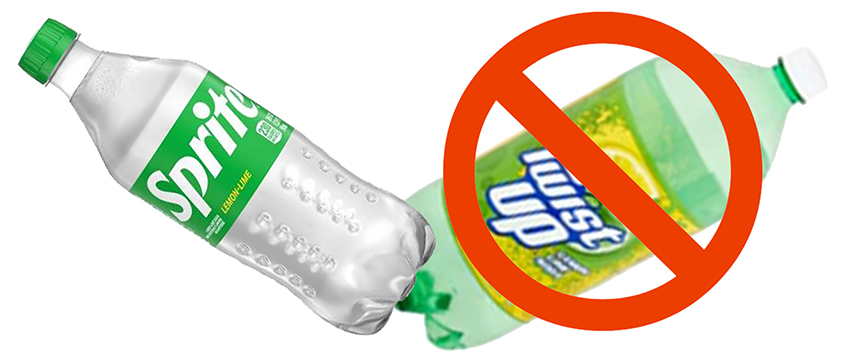By David Peel
If you’re like most people you believe probate is an expensive, prolonged court battle that should be avoided at all cost.
FACT: Probate court is not usually a fight. Those are very rare.
FACT: Probate is also not expensive as you have heard. If the example that one looks at is Elvis Presley, Howard Hughes, or Marilyn Monroe, you would assume the opposite. But when you consider the average person, they are worlds apart.
FACT: Not everybody even needs to go to probate court. Not all assets even need to go through probate. Only assets that the deceased person owned SOLELY in their own name, alone, must go through probate. All other assets pass to new owners without involvement by the probate court. Assets that are NOT headed to probate:
Joint Accounts : Joint accounts, such as a husband and a wife, or a mother and a son, do not go through probate. When one owner dies, the survivor still automatically controls the account.
Jointly-Owned Home: A home or other asset held in joint tenancy or tenancy by the entirety by more than one person doesn’t need to go through probate. When one owner dies, the survivor still owns the property.
Life Insurance Money: When life insurance policies specify a beneficiary, the proceeds do not have to go through probate. They are contractually paid to the Beneficiary (unless he is under suspicion of murdering the decedent)
Retirement accounts. The funds in retirement accounts or annuities do not go through probate if the account holder designated a beneficiary.
Trust assets: Assets held in the name of the trustee of a trust don’t go through probate.
Transfer-on-death (TOD) or Payable-on-death (POD)accounts or securities: These pass to the TOD/POD beneficiary, without probate, at the death of the holder.
FACT: Small estates are common. A simplified procedure is available if the total probate estate is worth no more than $50,000, not counting real estate
FACT: You have a Will, because if you do not make a will, that state has one for you. If there’s no will, a family member—usually the surviving spouse or grown child—asks the court to be appointed as administrator, and the court issues “letters of administration.” Then the assets pass through “intestate succession.” If a decedent left a spouse without any children, the spouse will receive the entire estate. If the decedent left behind a spouse and one child, they would both split the estate equally. However, if the decedent left a spouse and more than one child, the surviving spouse receives “at least one-third” of the estate. If the decedent leaves only children behind and no spouse, each child will receive an equal share of the estate. Under Tennessee law, adopted children have the same status as biological children. If there are no surviving children of the decedent, the parents of the decedent are next in line to recover in equal shares of the entire estate. If the decedent does not have a spouse, children, or parents, then the estate is divided up equally between his/her siblings, or the siblings children if the sibling is also no longer alive. If the decedent does not even have siblings, then the estate will be divided equally amongst his/her grandparents.
FACT: Your will controls. If the deceased person left a will, probate is begun when the person named as executor in the will deposits the original, signed will in the county clerk’s probate office in the county where the deceased person lived. The court issues this person “letters testamentary,” which give the person authority to take charge of estate assets.
The executor or administrator—known generally as the “personal representative” of the estate—has authority over any assets that go through probate. Usually, the personal representative opens a checking account for the estate, puts the money from the deceased person’s accounts in it, and uses the funds to pay estate expenses.
Peel seeks justice for those injured in tractor trailer and car accidents, medical malpractice, and disability. He often addresses churches, clubs and groups without charge. Peel may be reached through PeelLawFirm.com wherein other articles may be accessed.






